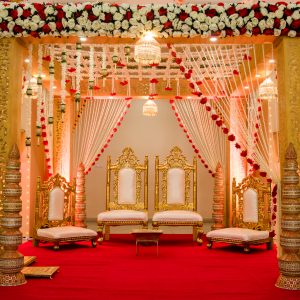Kumkum (Tilak)
Kumkum and/or Tilak is applied on the forehead, in between the eyebrows, this area is known as Ajna chakra. This chakra is also known as the third eye.

Kumkum and/or Tilak is applied on the forehead, in between the eyebrows, this area is known as Ajna chakra. This chakra is also known as the third eye.

Historians have discovered that during the Harappan civilization, women applied sindoor along the part of her hair. This showed they were married.
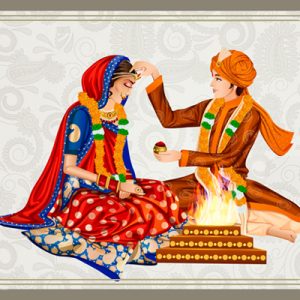
In the Atharva Veda, one will find that the Dharba (Kusha), it’s scientific name, Desmotachya bipinnata, was born when Lord Vishnu incarnated as Kurma, the cosmic tortoise, supported Mandara mountain.
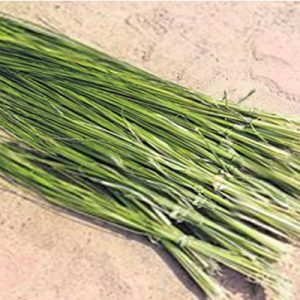
Kalasha is a metal pot, brass, silver, copper or gold with a large base and small mouth. During puja it is filled with water and topped with mango leaves like a coronet and its tips touch the water inside the pot.
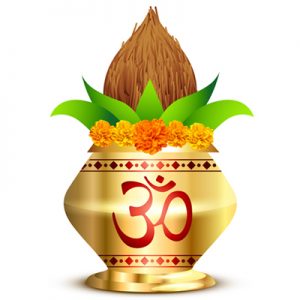
Rangoli is derived from the Sanskrit word ‘rangavalli’. Rangoli/Kolam is an art which precedes sculpture and painting. It is both an auspicious and necessity in any religious ritual or functions.
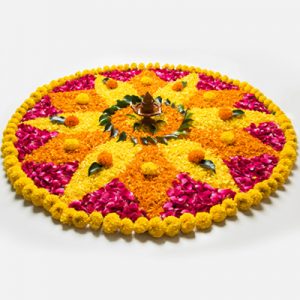
“Solar eclipse” the phenomenon which occurs when the Moon comes exactly in line between the Sun and the Earth, eclipsing the light of the Sun.
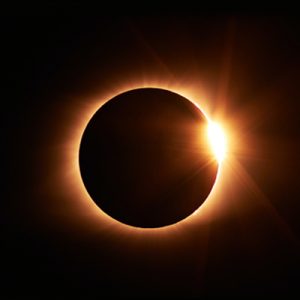
Rangoli is derived from the Sanskrit word ‘rangavalli’. Rangoli/Kolam is an art that precedes sculpture and painting. It is both an auspicious and necessity in any religious ritual or functions.
The two aims of drawing rangoli:
•Beauty
•Auspiciousness/Spirituality
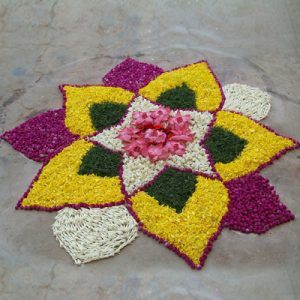
Every culture in the world has a method of greeting others when they meet; it can be a handshake, a […]

Originating from the Gangotri Glacier, high in the Himalayas of northern India, the river flows southeast through India, into Bangladesh, before spilling into the Bay of Bengal.
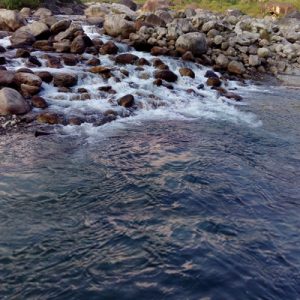
Surya, the sun god is addressed by many names in Vedas, Aditya, Saitur, Martanda, Bhaskara. The early morning rays which is red is […]
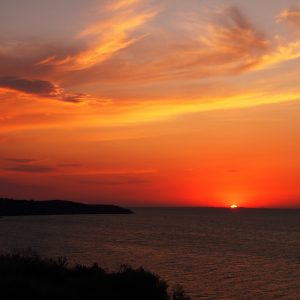
The Hindu Wedding is a sacred step in the spiritual union of the bride and groom. It binds them in […]
